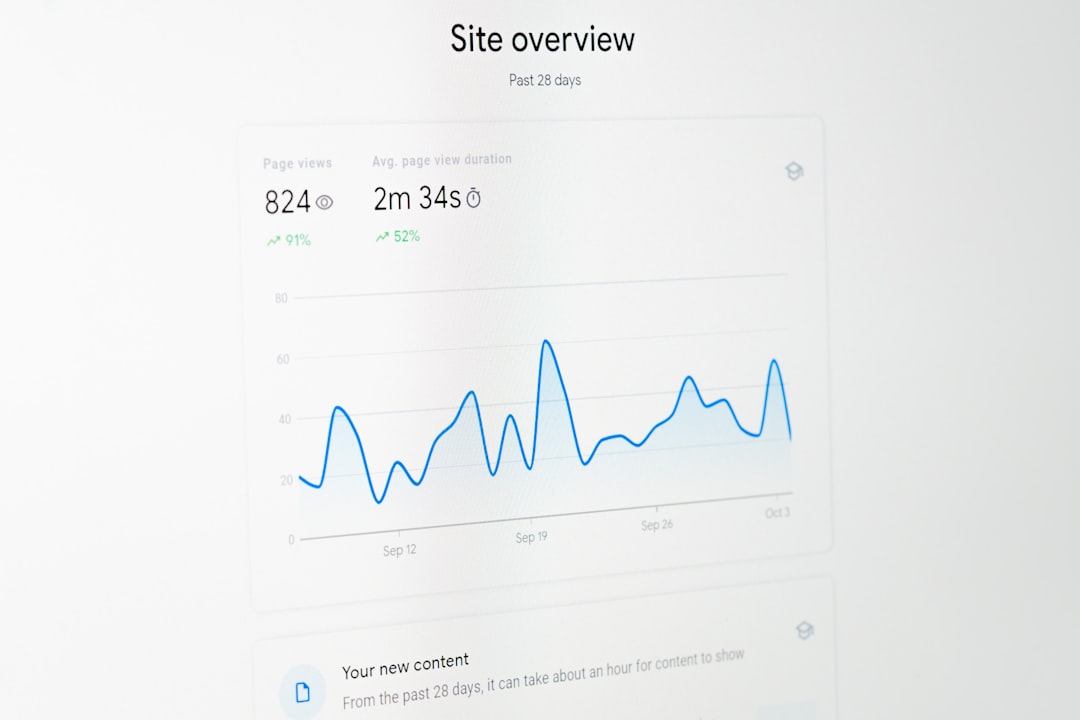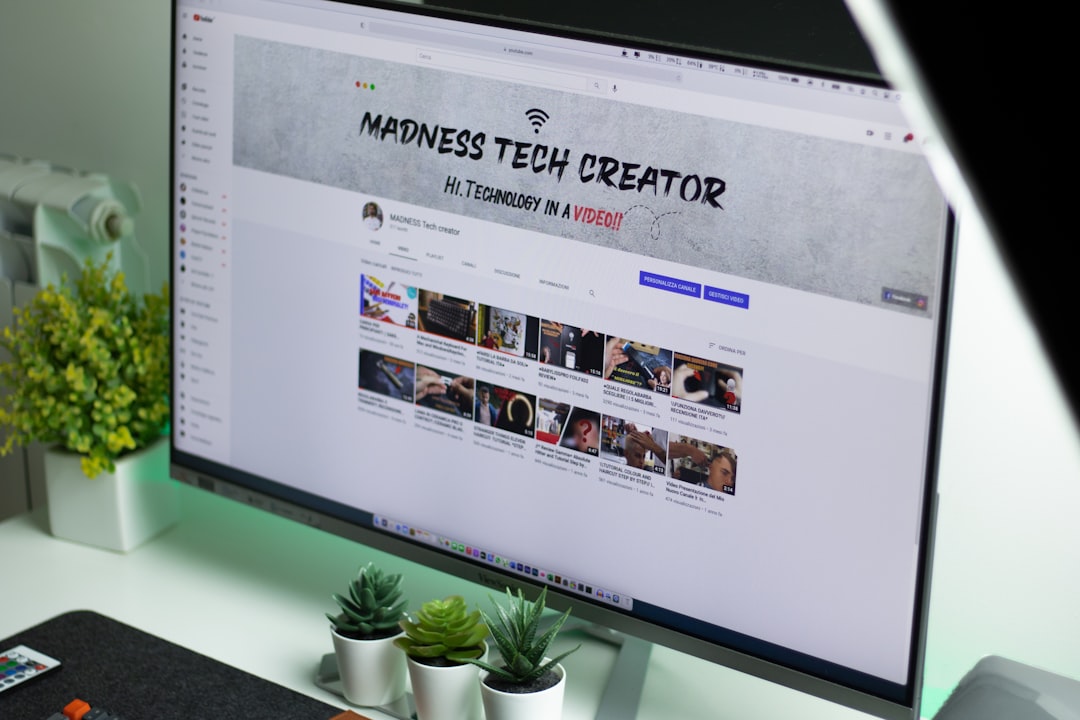In 2025, the world of digital marketing is witnessing a paradigm shift with the mainstream adoption of AI SEO assistants. These advanced tools are dramatically altering how websites are optimized for search engines, empowering marketers, content creators, and developers to drive better traffic with less manual effort. As artificial intelligence continues to mature, its integration into SEO strategies is becoming more seamless, intelligent, and indispensable.
The Evolution of SEO into the Era of AI
Search Engine Optimization (SEO) has always been fundamental to online visibility. From keyword stuffing in the early 2000s to the mobile-first indexing revolution, SEO has constantly evolved based on user behavior and search engine algorithms. However, the rise of AI SEO assistants in 2025 represents not just another phase but a complete transformation in how SEO is strategized and executed.
Traditional SEO tools focused mainly on diagnostics—providing keyword suggestions, identifying technical issues, or tracking performance. Today’s AI SEO assistants take things further by automating content optimization, predicting trends, and delivering strategic insights in real-time.

What Are AI SEO Assistants?
AI SEO assistants are software platforms powered by advanced artificial intelligence and machine learning algorithms designed to improve a website’s SEO metrics autonomously or semi-autonomously. They combine the capabilities of language models, big data analytics, and real-time performance tracking to perform tasks such as:
- Content analysis and rewriting to ensure maximum keyword relevance and readability
- Automated internal linking strategies based on content hierarchy and SEO value
- Competitor analysis through continuous crawling and ranking factor benchmarking
- User behavior prediction using browsing data and conversion patterns
- Technical SEO auditing and quick error resolution recommendations
What makes these assistants truly revolutionary is their ability to self-learn. Their recommendations evolve over time through exposure to larger data sets, backlink profiles, bounce rates, and algorithm updates.
Why 2025 Became the Turning Point
Several contributing factors have pushed businesses globally to adopt AI SEO assistants by 2025:
- The surge of generative AI: LLMs (Large Language Models) became capable of writing fluent, human-like content that ranks well on search engines.
- Google’s RankBrain and BERT evolution: These AI-driven search algorithms reward logical context and user intent, something AI SEO tools understand deeply.
- Data privacy and cookie limitations: As traditional marketing attribution becomes more difficult, organic SEO emerges again as the most reliable traffic driver.
- An increased demand for scalability: Enterprises and agencies need to manage thousands of pages and keywords without a proportional increase in manual effort.
By early 2025, even small businesses began leveraging AI SEO software to compete more efficiently in the digital landscape.
Key Players and Innovations
The AI SEO market is flourishing with both established brands and emerging startups developing cutting-edge features. Some of the most notable tools today include:
- Surfer AI: Offers in-depth on-page reports and AI-generated SEO-optimized blog posts.
- MarketMuse: Uses deep learning to identify content gaps and suggest topic clusters customized to a brand’s authority.
- Frase: Merges SEO research with real-time content writing assistance using AI prompts.
- Clearscope: Prioritizes content scoring and keyword density analysis in real-time edits.
- NeuronWriter: A powerful tool that brings NLP (Natural Language Processing) into detailed SEO audits and writing suggestions.
These platforms not only help marketers keep up but also innovate continuously using real-world SERP performance data.
Impact on Content Creators and SEO Specialists
There’s an ongoing debate about whether AI SEO assistants threaten the roles of SEO professionals. While they do automate several tasks traditionally requiring human input, the current reality suggests a more collaborative transformation:
- Content creators save time on repetitive research, enabling them to focus on tone, narrative, and CTA development.
- SEO experts shift from execution-based work to strategic oversight, guiding AI tools and assessing long-term performance trends.
- Agencies can scale their offerings without expanding their workforce by implementing AI-led workflows.

By 2025, a new category of professionals known as “AI SEO Strategists” has even emerged. These experts specialize in training, prompting, and customizing AI tools to align with brand goals and niche-specific dynamics.
The Challenges and Ethical Considerations
With great power comes great responsibility. Though AI SEO assistants offer unmatched efficiency, they also introduce potential risks:
- Over-optimization — heavy reliance on AI can produce content that is algorithmically sound but lacks authenticity or user value.
- Homogenization of content — many AI tools pull from the same datasets, leading to a web with less diversity of voice.
- Content plagiarism risks — depending on how the AI model was trained, its outputs might closely mirror existing content.
Search engines are also starting to distinguish between content created with intent and context versus mass-produced AI content lacking originality. Google’s 2025 updates prioritize Experience, Expertise, Authoritativeness, and Trustworthiness (E-E-A-T), pushing developers and marketers to ensure that AI usage doesn’t sacrifice authenticity or accuracy.
Looking Ahead: What’s Next?
The next frontier for AI SEO assistants lies in real-time SEO—tools that update content dynamically based on user interactions, heat maps, and evolving algorithm requirements. Furthermore, integration with voice search, video content optimization, and AR/VR experiences are already in beta testing.
Some platforms are also exploring hyperpersonalization, creating SEO strategies tailored to individual user segments based on behavioral profiles. This promises even better engagement and conversion rates as search engines continue to value user behavior signals.
Moreover, ethical AI development is at the forefront, with manufacturers committing to transparency, bias control, and respect for content originality.
Conclusion
The rise of AI SEO assistants in 2025 signals a major leap forward in digital marketing practices. More than just tools, these assistants are becoming collaborators—handling the heavy lifting of optimization while allowing human professionals to inject creativity, strategy, and empathy into the content experience. As the digital world becomes more complex, intelligent SEO automation will be key to thriving in competitive spaces.
FAQs About AI SEO Assistants in 2025
- What is the main benefit of using an AI SEO assistant?
- AI SEO assistants streamline the SEO process by automating content optimization, keyword planning, and technical auditing, saving time and improving effectiveness.
- Can AI SEO tools replace human SEO experts?
- No, they are designed to augment human capabilities, not replace them. Human creativity, contextual judgment, and strategic planning are still essential.
- Is AI-generated SEO content safe to use?
- Yes, when used responsibly. It should always be reviewed for accuracy, originality, and alignment with brand voice before publication.
- How do AI SEO assistants keep up with Google’s algorithm changes?
- Most advanced tools continuously update their models with real-time data, user behavior insights, and feedback loops to stay aligned with algorithm updates.
- What industries benefit most from AI SEO tools?
- Every industry can benefit, but especially e-commerce, SaaS, blogging, and news media due to their content-heavy nature and dynamic keyword needs.


